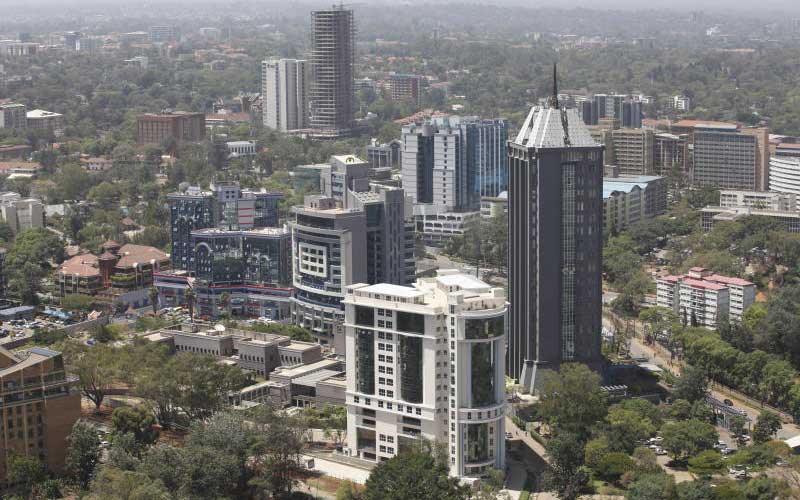×
The Standard e-Paper
Fearless, Trusted News

Sakina Hassanali, head of development consulting and research at real estate firm Hass Consult, is not a big fan of the phrase ‘property bubble burst’ in relation to the Kenyan situation.
And she is not alone, many real estate stakeholders have previously been at pains to dissociate what has been variously referred to as a slump or market slowdown in local market from the more ominous term, bubble burst.